BOOKS
Is it possible to demystify statistics? Can math phobia be overcome? Perhaps surprisingly, the answer is yes. Learning to Live with Statistics, based on years of teaching experience, More >
The Bamana people are known for their rich artistic traditions, including the creation of masks, statues, door locks, headdresses, and ritual and utilitarian objects: Their door locks are More >
The vitality and significance of parliaments in the Arab world is one of the essential—but overlooked—stories of political life in the 1990s. Baaklini, Denoeux, and Springborg More >
A puzzle underpins this groundbreaking study of legislative development in Africa: Why are variations in the extent of legislative authority and performance across the continent only More >
This wide-ranging study grapples with the increasingly complex array of opportunities and challenges that face women today as both legislative candidates and elected officials. Offering More >
Legislatures are indispensable parts of constitutional liberal democracies, controlling and criticizing the executive while voicing a wide range of opinions on public issues. This book More >
Vladimir Ilitch Lenin, who died in 1924 at the age of fifty-four, went through two distinct periods in his life. He spent twenty years in exile dreaming of the revolution and creating his More >
Covering a range of topics ranging from clothes to violent death, and from a better sexual life to tradition, and from race and feminism, Liberating Masculinities presents ways to understand More >
Liberia's Civil War offers the most in-depth account available of one of the most baffling and intractable of Africa's conflicts. Adekeye Adebajo unravels the tangled web of the More >
Light of My Eye affectionately recreates the waning days of the once thriving Jewish community of Cairo during the turbulent period between the collapse of the Egyptian monarchy and More >



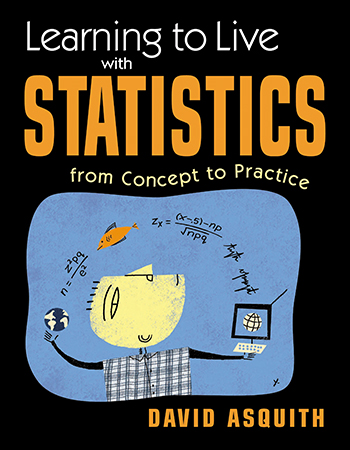

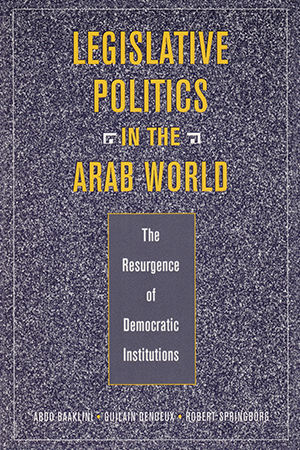
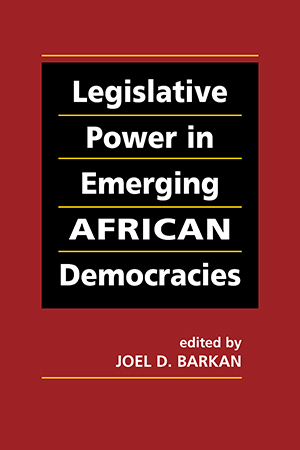
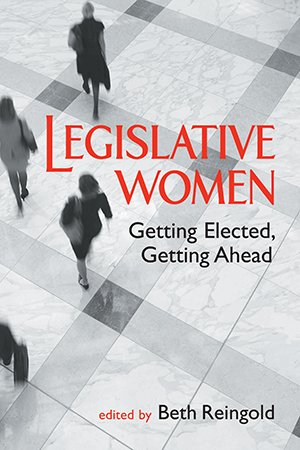
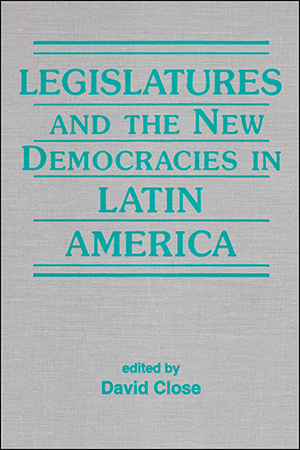

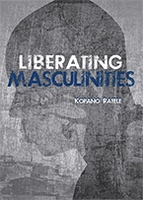
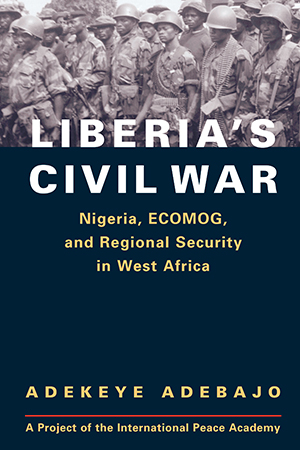
![Light of My Eye [a novel]](/uploads/6709672bac083.jpg)




